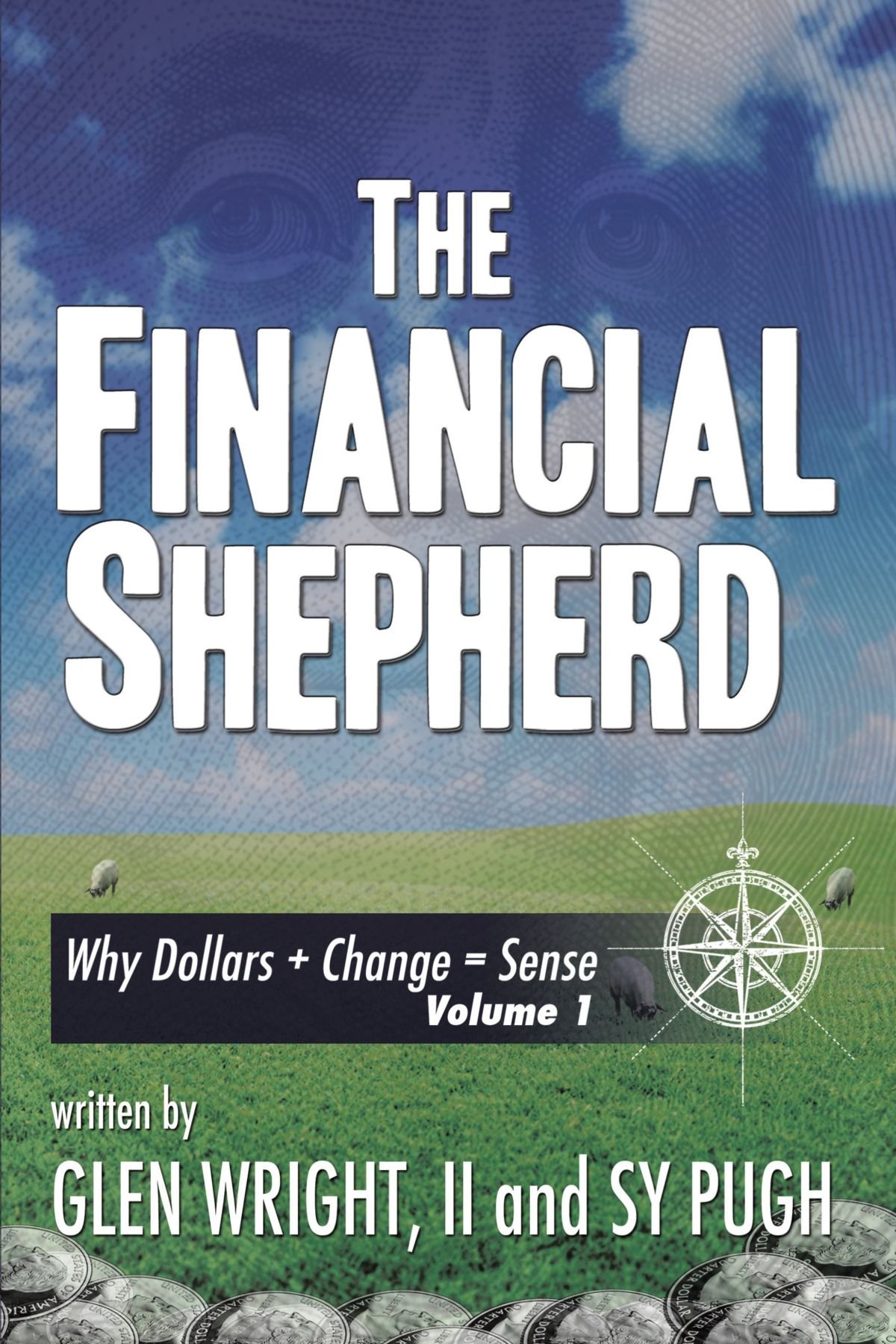Excerpt Adapted From: The Financial Shepherd-
Why Dollars + Change = Sense by Glen Wright and Sy Pugh
I have a client who told me that she had been taught to have zero debt; none. She paid cash for everything, had no credit card debt, and even paid off the mortgage of her first home in 10 years. On the surface, this sounds like a really good thing. Fast forward a few years, and she wanted to move to a more prestigious part of town and was wondering how to make this happen. Her thoughts were to sell her home and take all of the earnings and invest in her new home, then sign up for a 15-year mortgage to pay it off faster. All of this sounds great, except that she had a few holes in her plan.
First, she did not have an emergency reserve fund; she only had a line of credit on her home. She also has a son who was 10-years-old at the time and she had not saved anything toward his education. At age 45, she would have to work until age 70 before she could retire comfortably because she had not saved enough in her retirement to cover her living expenses. So I recommended some changes in her plan:
- Save and invest. Put only 20 percent down on the new home and invest the difference. Her mortgage rate was 5 percent fixed for a 30-year loan (versus 4.75% for the 15-year, not including its deductible); and over the last 10 years the S&P 500 index has averaged over 8.5 percent.
- Invest for the future. The payment difference between the 15- and 30-year mortgages was $900 per month. I recommended that she save that extra $900 to invest and help build a college savings fund for her son.
- Earn rewards. She loved to travel, so I suggested she get a travel reward credit card and pay it off every month to get extra bonus travel points. She put everything on her credit card and paid it off every month and received multiple free airline tickets which saved her thousands of dollars per year simply by paying with a reward card.
Just by taking some basic, straightforward steps, she was able to take a good financial situation and make it much better in addition to being much better prepared for the future.







